ECE 4180 Final Project
Dependencies: mbed wave_player 4DGL-uLCD-SE SDFileSystem_OldbutworkswithRTOS PinDetect
Portable Surface Transducer Jukebox
ECE 4180 Final Project
Team members
- Bruna Correa
- Lance Hudson
- Javier Rodriguez
Jukebox Overview
This unique jukebox uses a surface transducer to essentially turn any hard surface (table, etc) into a resonant speaker. The user has the option to select one of out ten songs which were preselected and loaded onto the SD card. To begin, the user types their song choice into the keypad and is prompted to press “START” to begin the song. The user can end the song at any time by pressing “STOP,” which will redirect them back to the original selection menu.
Parts Required
- 1x Mbed (LPC1768)

- 1x MicroSD card breakout (Sparkfun)
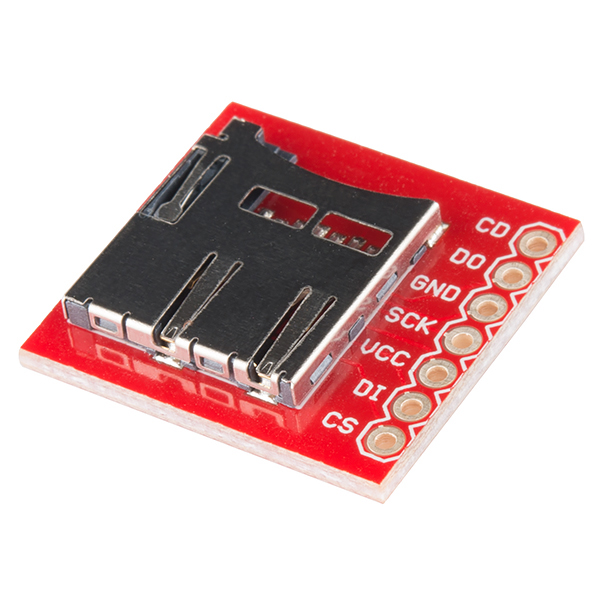
- 1x Class D Amp (Sparkfun TPA2005)
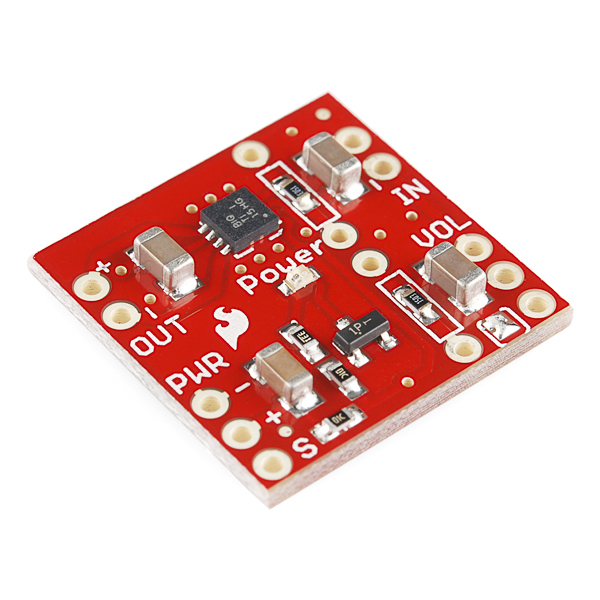
- 1x Surface conduction transducer speaker (Generic)
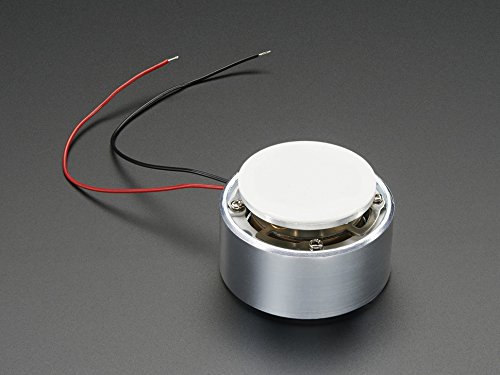
- 1x Breadboard speaker

- 2x standard pushbuttons
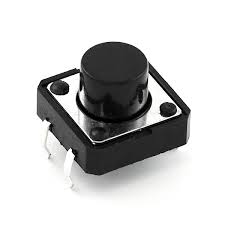
- 1x uLCD (Sparkfun 4DGL)
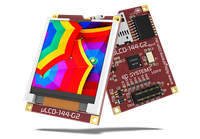
- 1x Touch capacitance keypad (Sparkfun MPR121)
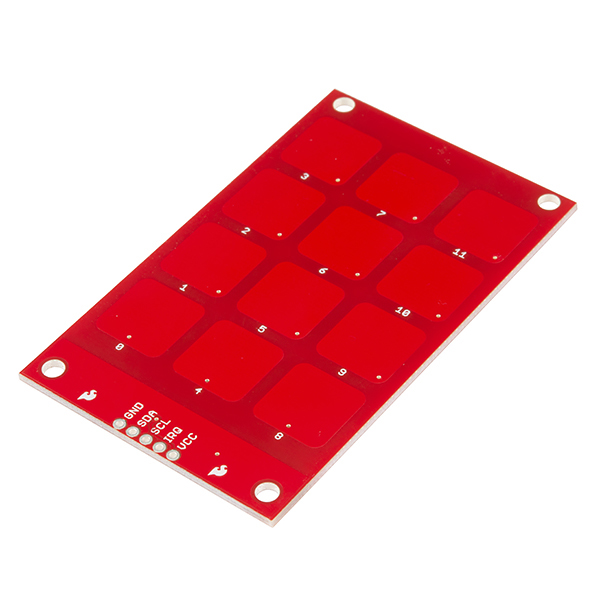
- 2x 6-volt breadboard battery packs
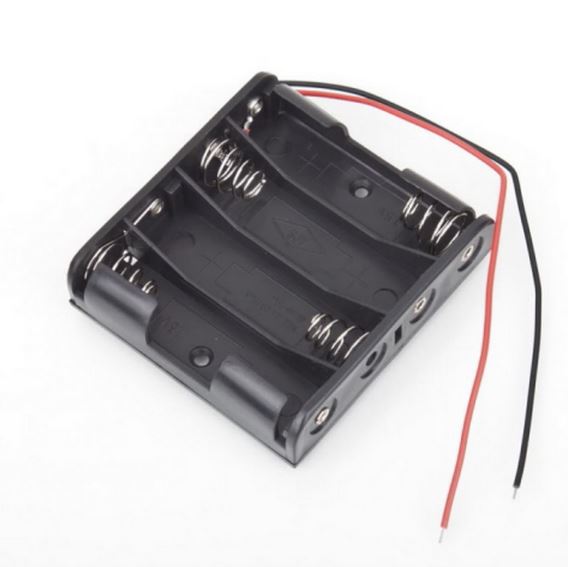
- 1x Standard 8x4x4 project box

Design Challenges and Tradeoffs
One of the major challenges experienced when developing the Jukebox user interface was the synchronous playback function of the music. This required several instances of interrupt handling and pin detects. More specifically, regarding the “STOP” button, we realized that it was initially not possible to perform any pushbutton polling while the waveplayer function play() is active; if the “STOP” button was pressed while a song is playing, it would only be recognized when the song was finished. Therefore, we looked into editing the waveplayer library itself by passing an extern bool named “play” that was switched to true when “START” is pressed and false when “STOP” is pressed. Inside the play() function we added a logical check to ensure that this play variable is true, and if switched to false, it immediately breaks from the loop, thereby stopping the playback.
Several design tradeoffs had to be made for the benefit of portability. For example, we chose to not implement the original RGB LED strip because it added too much weight and occupied too much space inside the housing for the portable implementation desired. We believe that portability was a more valuable feature for the end user than an LED light show.
Schematic
The schematic used is shown below. For more detailed information on connection declarations and classifications in the software, refer to the code repository.
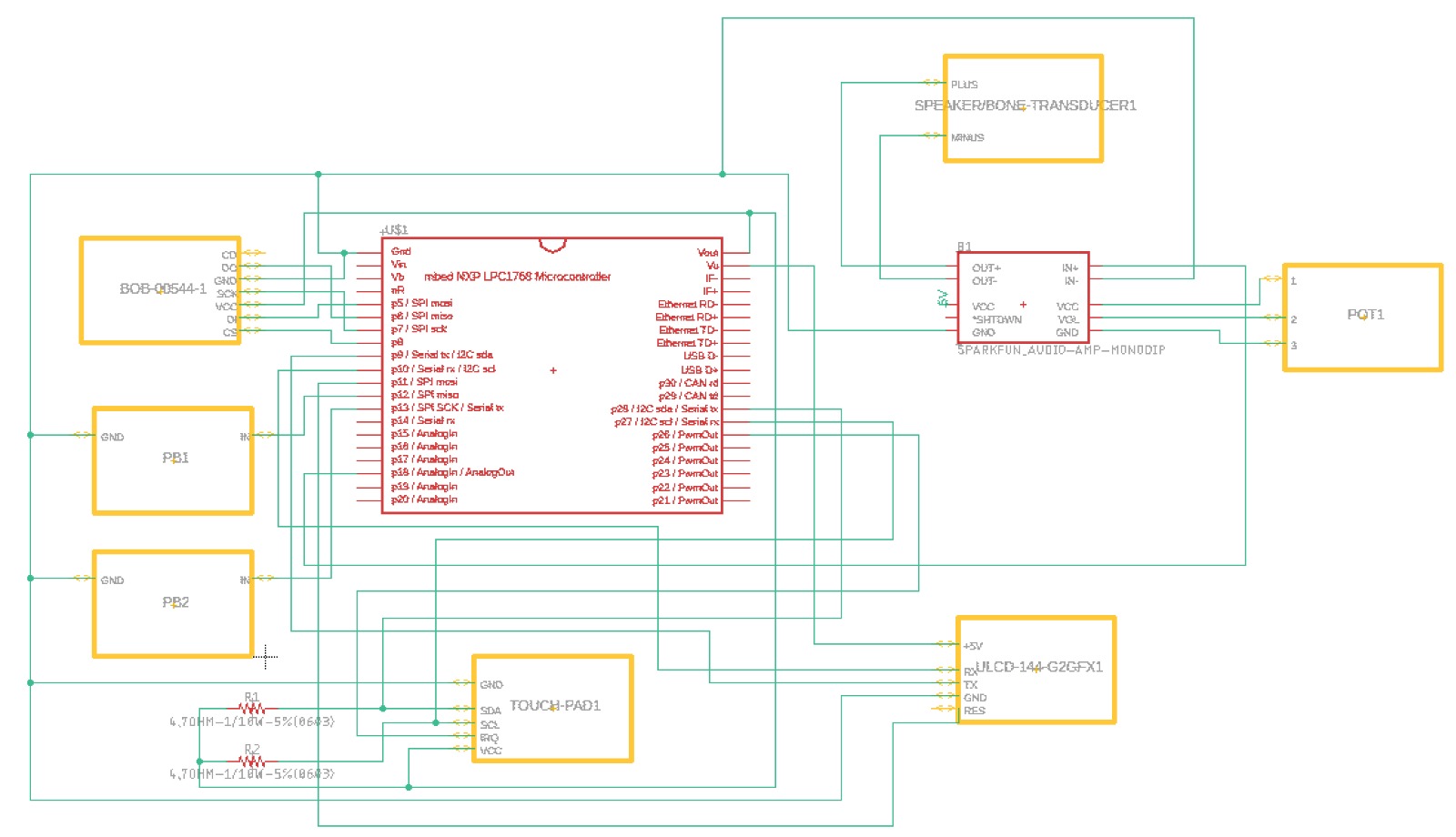
Demonstration Video
Diff: mpr121.cpp
- Revision:
- 3:74066405c9fc
--- /dev/null Thu Jan 01 00:00:00 1970 +0000
+++ b/mpr121.cpp Wed Dec 12 05:17:58 2018 +0000
@@ -0,0 +1,221 @@
+/*
+Copyright (c) 2011 Anthony Buckton (abuckton [at] blackink [dot} net {dot} au)
+
+Permission is hereby granted, free of charge, to any person obtaining a copy
+of this software and associated documentation files (the "Software"), to deal
+in the Software without restriction, including without limitation the rights
+to use, copy, modify, merge, publish, distribute, sublicense, and/or sell
+copies of the Software, and to permit persons to whom the Software is
+furnished to do so, subject to the following conditions:
+
+The above copyright notice and this permission notice shall be included in
+all copies or substantial portions of the Software.
+
+THE SOFTWARE IS PROVIDED "AS IS", WITHOUT WARRANTY OF ANY KIND, EXPRESS OR
+IMPLIED, INCLUDING BUT NOT LIMITED TO THE WARRANTIES OF MERCHANTABILITY,
+FITNESS FOR A PARTICULAR PURPOSE AND NONINFRINGEMENT. IN NO EVENT SHALL THE
+AUTHORS OR COPYRIGHT HOLDERS BE LIABLE FOR ANY CLAIM, DAMAGES OR OTHER
+LIABILITY, WHETHER IN AN ACTION OF CONTRACT, TORT OR OTHERWISE, ARISING FROM,
+OUT OF OR IN CONNECTION WITH THE SOFTWARE OR THE USE OR OTHER DEALINGS IN
+THE SOFTWARE.
+*/
+
+#include <mbed.h>
+#include <sstream>
+#include <string>
+#include <list>
+
+#include <mpr121.h>
+
+Mpr121::Mpr121(I2C *i2c, Address i2cAddress)
+{
+ this->i2c = i2c;
+
+ address = i2cAddress;
+
+ // Configure the MPR121 settings to default
+ this->configureSettings();
+}
+
+
+void Mpr121::configureSettings()
+{
+ // Put the MPR into setup mode
+ this->write(ELE_CFG,0x00);
+
+ // Electrode filters for when data is > baseline
+ unsigned char gtBaseline[] = {
+ 0x01, //MHD_R
+ 0x01, //NHD_R
+ 0x00, //NCL_R
+ 0x00 //FDL_R
+ };
+
+ writeMany(MHD_R,gtBaseline,4);
+
+ // Electrode filters for when data is < baseline
+ unsigned char ltBaseline[] = {
+ 0x01, //MHD_F
+ 0x01, //NHD_F
+ 0xFF, //NCL_F
+ 0x02 //FDL_F
+ };
+
+ writeMany(MHD_F,ltBaseline,4);
+
+ // Electrode touch and release thresholds
+ unsigned char electrodeThresholds[] = {
+ E_THR_T, // Touch Threshhold
+ E_THR_R // Release Threshold
+ };
+
+ for(int i=0; i<12; i++){
+ int result = writeMany((ELE0_T+(i*2)),electrodeThresholds,2);
+ }
+
+ // Proximity Settings
+ unsigned char proximitySettings[] = {
+ 0xff, //MHD_Prox_R
+ 0xff, //NHD_Prox_R
+ 0x00, //NCL_Prox_R
+ 0x00, //FDL_Prox_R
+ 0x01, //MHD_Prox_F
+ 0x01, //NHD_Prox_F
+ 0xFF, //NCL_Prox_F
+ 0xff, //FDL_Prox_F
+ 0x00, //NHD_Prox_T
+ 0x00, //NCL_Prox_T
+ 0x00 //NFD_Prox_T
+ };
+ writeMany(MHDPROXR,proximitySettings,11);
+
+ unsigned char proxThresh[] = {
+ PROX_THR_T, // Touch Threshold
+ PROX_THR_R // Release Threshold
+ };
+ writeMany(EPROXTTH,proxThresh,2);
+
+ this->write(FIL_CFG,0x04);
+
+ // Set the electrode config to transition to active mode
+ this->write(ELE_CFG,0x0c);
+}
+
+void Mpr121::setElectrodeThreshold(int electrode, unsigned char touch, unsigned char release){
+
+ if(electrode > 11) return;
+
+ // Get the current mode
+ unsigned char mode = this->read(ELE_CFG);
+
+ // Put the MPR into setup mode
+ this->write(ELE_CFG,0x00);
+
+ // Write the new threshold
+ this->write((ELE0_T+(electrode*2)), touch);
+ this->write((ELE0_T+(electrode*2)+1), release);
+
+ //Restore the operating mode
+ this->write(ELE_CFG, mode);
+}
+
+
+unsigned char Mpr121::read(int key){
+
+ unsigned char data[2];
+
+ //Start the command
+ i2c->start();
+
+ // Address the target (Write mode)
+ int ack1= i2c->write(address);
+
+ // Set the register key to read
+ int ack2 = i2c->write(key);
+
+ // Re-start for read of data
+ i2c->start();
+
+ // Re-send the target address in read mode
+ int ack3 = i2c->write(address+1);
+
+ // Read in the result
+ data[0] = i2c->read(0);
+
+ // Reset the bus
+ i2c->stop();
+
+ return data[0];
+}
+
+
+int Mpr121::write(int key, unsigned char value){
+
+ //Start the command
+ i2c->start();
+
+ // Address the target (Write mode)
+ int ack1= i2c->write(address);
+
+ // Set the register key to write
+ int ack2 = i2c->write(key);
+
+ // Read in the result
+ int ack3 = i2c->write(value);
+
+ // Reset the bus
+ i2c->stop();
+
+ return (ack1+ack2+ack3)-3;
+}
+
+
+int Mpr121::writeMany(int start, unsigned char* dataSet, int length){
+ //Start the command
+ i2c->start();
+
+ // Address the target (Write mode)
+ int ack= i2c->write(address);
+ if(ack!=1){
+ return -1;
+ }
+
+ // Set the register key to write
+ ack = i2c->write(start);
+ if(ack!=1){
+ return -1;
+ }
+
+ // Write the date set
+ int count = 0;
+ while(ack==1 && (count < length)){
+ ack = i2c->write(dataSet[count]);
+ count++;
+ }
+ // Stop the cmd
+ i2c->stop();
+
+ return count;
+}
+
+
+bool Mpr121::getProximityMode(){
+ if(this->read(ELE_CFG) > 0x0c)
+ return true;
+ else
+ return false;
+}
+
+void Mpr121::setProximityMode(bool mode){
+ this->write(ELE_CFG,0x00);
+ if(mode){
+ this->write(ELE_CFG,0x30); //Sense proximity from ALL pads
+ } else {
+ this->write(ELE_CFG,0x0c); //Sense touch, all 12 pads active.
+ }
+}
+
+
+int Mpr121::readTouchData(){
+ return this->read(0x00);
+}
\ No newline at end of file